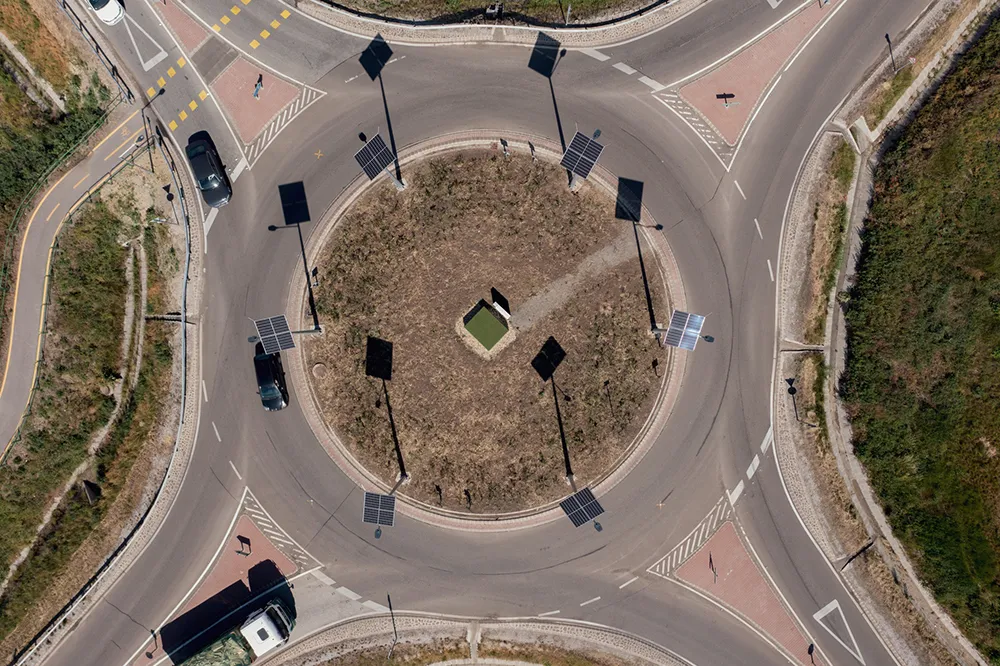The Smart Cities Stakeholder Platform, part of the Smart Cities and Community Partnership, which was launched by the
The open-invitation group is already 1,000 members strong, and is currently building a database of high-tech solutions to help build the smart cities of tomorrow. The ideas, coming from the private sector and academia alike, address three key urban systems:
Mobility and transport, including:
• Providing real-time information that helps motorists locate available parking space at their destination before and during their trips; and
• A smart-phone app that helps older passengers plan public transport journeys that satisfy their special needs for comfort, safety and convenience.
Energy efficiency and buildings, including:
• Economising on household electricity use by letting your home PC turn appliances on and off depending on power supply and price; and
• Using heat pumps to exploit thermal energy from sewage.
Energy supply networks, including:
• Using “smart power grids” to make small communities 100% energy self-sufficient from a combination of solar power, biomass and heat pumps; and
• Integrated infrastructure networks for combined heat and power.
In June 2013, after discussion and multiple rounds of voting by platform members, the best ideas, together with policy recommendations, will be showcased at a conference in Budapest to be attended by EU decision makers, high-tech producers and representatives from European cities.
This event, the first public showcase of the Smart Cities initiative, will help set the stage for the EU’s Horizon 2020 Framework Programme for Research and Innovation, a seven-year programme aimed at making Europe more competitive and sustainable. It will be the platform members’ chance steer urban research toward the most needed and promising technologies, opening funding channels that will help nurture innovative ideas so that they’re market ready.
Cities and people are at the core of the Smart Cities and Community Partnership, which seeks to improve quality of life in urban areas – now housing 70 percent of European citizens and accounting for 70 percent of energy use and 75 percent of greenhouse gas emissions.









